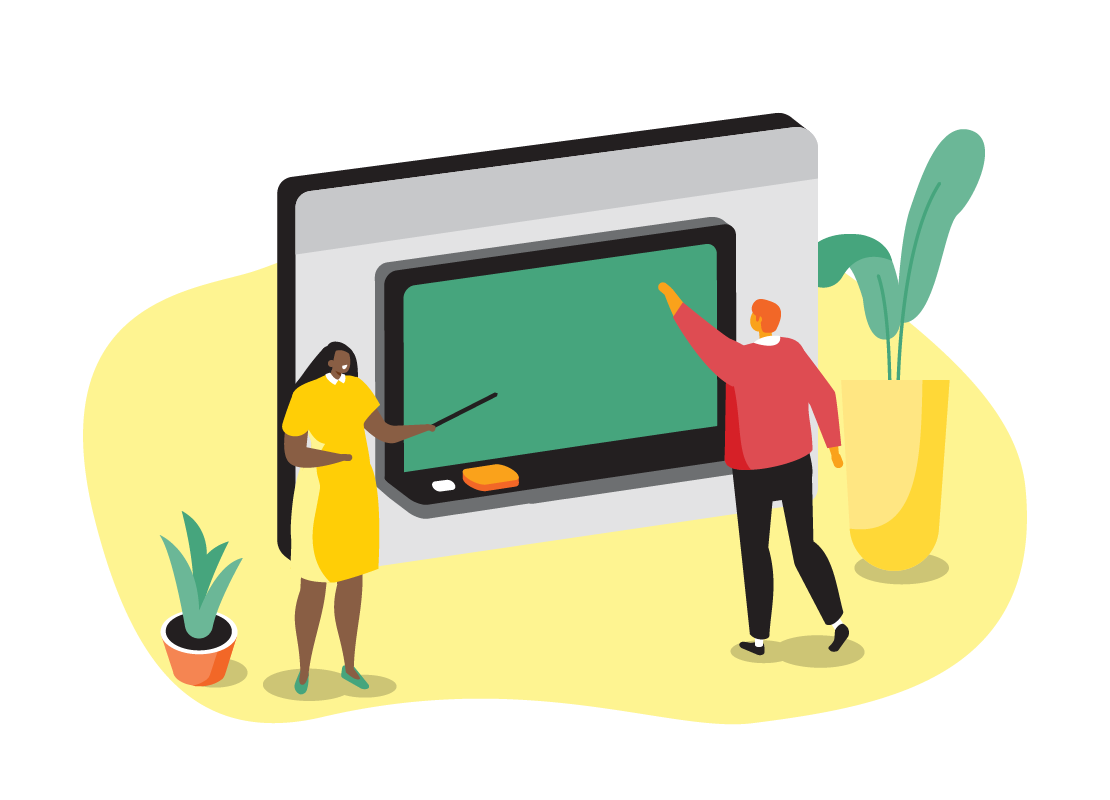
Study Skills
Learn how to find the ways that you learn best with the Student Success Centre
Strengthen your Study Skills
One of the exciting aspects of university is having more freedom over when and how you study. This is a great opportunity for you to learn how you learn best! Choosing the right study strategy depends on the classes you’re in and your own needs as a learner.
Below, you will find a variety of blogs, videos, tip sheets, and worksheets to help you develop your study skills. You can use blogs, videos, and tip sheets to gain more information on a topic or strategy. You can practice applying these strategies to your own context by using the worksheets. To save your worksheet progress, review our instructions on how to use a PDF.
Reading and Listening

You attend lectures for most of your courses, and what you learn during lectures is usually reflected in your final grades. Though you don’t have the ability to control the pace of lectures, you can use strategies to maximize your time while you're there. Looking for lecture cues is the #1 strategy for you to keep focus and concentration. Check out our Lecture Cues blog to learn more for more strategies.
University coursework often comes with a variety of reading materials. Do you sometimes feel overwhelmed by a huge stack of readings? Do you consider yourself a reluctant reader? Assigned readings will enhance your understanding of lectures and help you succeed. If you’re wondering how to start, familiarize yourself with three key procedures outlined in this Reading Principles blog. You can find a more in-depth look in our SQ4R Method and Organizing Notes in a Table tip sheets. For a narrated walkthrough, watch our Keeping up with Readings video to help you connect your readings with course content.
Notetaking

It’s common to take notes during lectures, when you read, or even in a group discussion. Taking notes helps you to concentrate and increases your understanding. Good notes are a permanent record of key information that you can revisit later. Notetaking is a crucial skill to help you to excel in university. Now it’s time to develop and refine this skill. Read the General Notetaking Tips blog for principles and shortcuts in notetaking. If you’re taking courses online, watch this Taking Online Notes video for strategies.
When you begin notetaking, you must decide on a meaningful way to organize your notes. There are many different methods to do this. Creating outlines is a popular one that many notetakers use, but it may not be as effective in some courses as in others. Read our Notetaking Methods blog for more information on the Cornell method, mapping method, and charting method. For a deep dive into these strategies, have a look at our Cornell Notetaking Method, SQ4R Method and our Organizing Notes in a Table tip sheets.
Effective technology tools are a powerful way to enhance your learning. There are a variety of notetaking technologies available if you like taking notes on your digital devices. Some of them are more useful than others depending on which notetaking method you use. Check out our Notetaking Technologies blog for a list of tools to try.
Excelling on Assessments

Taking tests and exams is an essential component of your university life. And it’s normal to experience anxiety during exam preparation. While some degree of anxiety can be helpful and keep you motivated, you need to be mindful if the feeling gets too intense. Read our Reducing Test Anxiety tip sheet for strategies to deal with anxiety, and Acing your Exams blog for tips on exam preparation. Effective study strategies can improve your efficiency, in most cases, you need to study smarter not harder. For more information on how to prepare for your in-person exams, check out the Registrar's preparing for final exams webpage!
For some courses, you will write tests and exams online instead of in the classroom. To help you navigate online assessments, the Student Success Centre provides many resources for you to refer to. Consult the Online Learning Resources webpage for more information on online assessments. There are several recorded video segments available on Exam Preparation, Completing Exams, and Exam Submission. For ongoing support throughout the semester, we offer a series of Success Seminars for an updated schedule of real-time workshop sessions.
Achieving a high level of comprehension is an important factor in successfully retaining course material. Read our Knowledge Retention blog for strategies to help you hold onto key information throughout the semester. It's important to set yourself up for success during a study session, refer to the Study Routine blog to set yourself up for success. After a test or exam, it’s a good practice to evaluate your performance and reflect on what knowledge you have successfully retained and what could use some more review. Fill out the Post-test Self-assessment worksheet to help you with this. You can do the same for assignments by filling out the Post-assignment Self-assessment worksheet.

